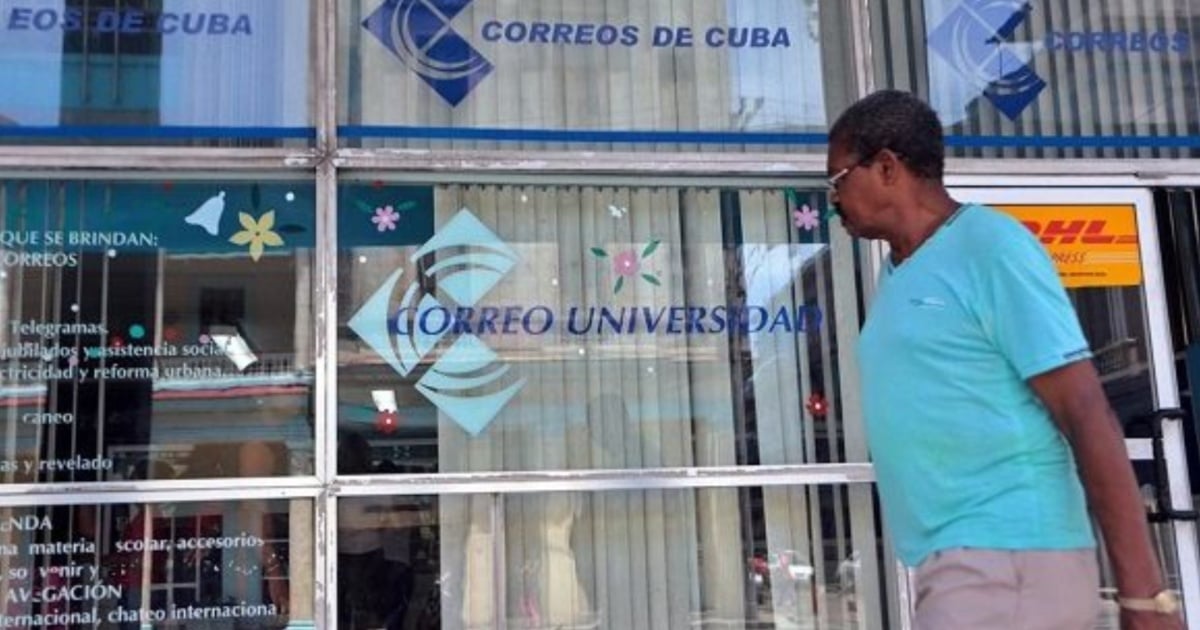As of July 1, 2025, the Cuban government has mandated that cash payments for electricity and phone bills will no longer be processed at bank branches. Instead, these transactions must be completed exclusively at the Cuban Postal Service agencies. This directive, released by Banco Metropolitano S.A. through its official channels, is initially being rolled out in Havana as part of a countrywide initiative to "reorganize in-person services," aiming to "reduce crowding" and promote the use of digital channels.
There is, however, an exception for retirees and pensioners, who can still make cash payments at Banco Metropolitano branches, but only on designated days according to the Official Payment Calendar. Outside of these specific dates, banks will not accept in-person cash payments.
Banco Metropolitano encouraged its clients to continue leveraging digital payment solutions like Transfermóvil, Enzona, Metropolitana en Línea, Telebanca, and ATMs for settling their utility bills. This decision has sparked concern among the populace, particularly older adults, who often struggle with accessing the technology necessary for digital payments due to connectivity issues, lack of devices, and unfamiliarity with online platforms.
The announcement has drawn criticism from numerous online users, who foresee the change leading to long lines at post offices: "Great, now the lines will be at the post office instead of the bank," one person commented. Another user questioned, "Do the post offices even work? Every new measure is worse than the last. I can't imagine having to queue to pay a bill. I'd rather wait for the cutoff and pay the collector."
While the government is pushing for increased banking services, this transition has been both forced and inadequate, plagued by frequent failures in payment systems and limited public access to the required digital resources. Moreover, the policy risks further marginalizing vulnerable groups and exacerbating daily challenges in fulfilling basic obligations such as paying for essential services.
The rollout has been hampered by technical, economic, and cultural barriers. Businesses struggle with connectivity issues, QR codes are often non-functional, and there is widespread resistance to electronic payments. The lack of infrastructure and distrust in the state financial system only worsen the problem.
Consumers encounter refusals to accept electronic payments, connectivity problems, and unjustified surcharges. Many businesses prefer cash to avoid tax scrutiny, and apps like Transfermóvil are not always practical due to technological infrastructure failures.
Understanding Cuba's New Payment System for Utilities
Why are cash payments for utility bills no longer accepted at banks?
The Cuban government aims to reorganize service delivery to reduce crowding and encourage the use of digital payment channels.
Who can still pay utility bills in cash at the bank?
Retirees and pensioners can still pay in cash at Banco Metropolitano branches, but only on specified days according to the Official Payment Calendar.
What challenges do people face with the new payment method?
Many face difficulties with digital payment access due to limited connectivity, lack of devices, and unfamiliarity with online platforms, particularly affecting older adults.
How has the public reacted to this change?
The public response has been largely negative, with many anticipating long lines at post offices and expressing skepticism about the functionality of post office services.
